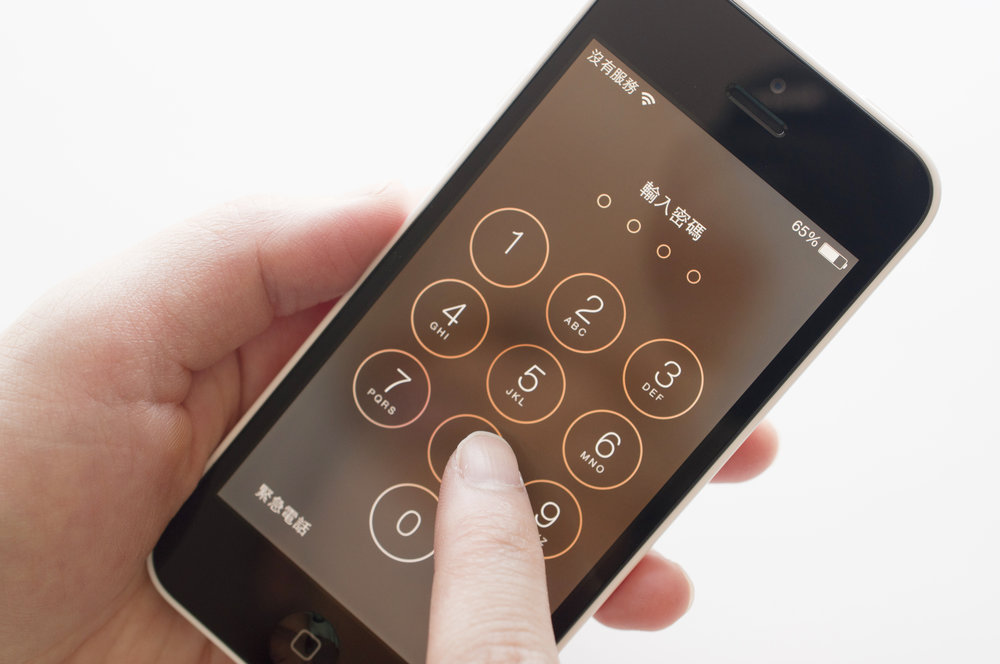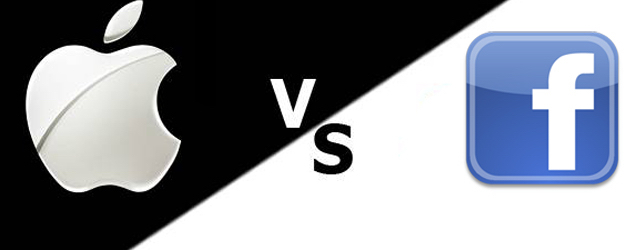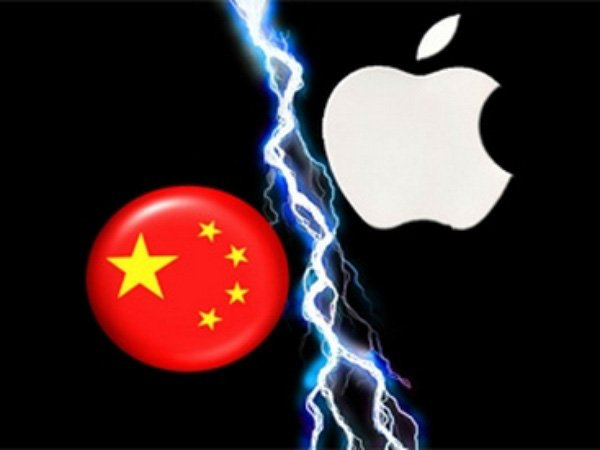Apple has ended up in the crosshairs of many different groups, all trying to get them to give up on maintaining customer privacy.
From the U.S. Government (unlocking phones to find incriminating evidence), to China (hosting their data on China’s Guizhou-Cloud Big Data servers), to other tech giants such as Facebook and Google, and finally the wearables market.

Previously under Steve Jobs, and now under Tim Cook, Apple has refused to give in to the demands, ultimately stating that they will protect their customers at all costs. This loyalty has given them a strong foothold in the smartphone and wearables market.
Ultimately, they can charge almost anything they want for their products, and their customers will gladly pay for them. While many won’t say it, they are willing to pay for a lock tight system/infrastructure.
So, what wars is Apple really dealing with? Here are four wars that you might not have known about.
The U.S. government vs. Apple

Apple has ended up in the news on so many occasions because of their refusal to unlock phones, give out customer data, or even show messages from one user to another to the U.S. government. Even when the cases involved terroristic massacres, Apple vehemently refused to give in.
In each case, the government had to seek outside help from ethical/unethical hackers, depending on the need. In those cases, they were able to exploit old issues and it most cases help out the U.S. government. But Apple quickly did fixes/patches to the iOS platform to lock those backdoors up too.
The U.S. government has tried repeatedly to paint Apple in a bad light, with each attempt failing miserably. Apple has fought, and won many wars against the government.
Facebook/Google vs. Apple
Apple, standing on their principles of privacy, hit Facebook and Google in the gut when it denied them access to their technology by removing access to their technology. The reasoning: they violated the privacy policies of Apple (simple enough) by tracking information such as browsing data, private messages and even locations.

By using programs such as Onavo Protect and Facebook Research, these two companies absolutely violated Apple’s privacy policy. What’s crazy is they thought they would get away with it (they kind of did …).
Even so, once Apple found out, the folks at the tech giant were livid, as they should be. The data that they’d worked diligently to protect was exposed by spyware from Facebook and Google. This breach was one of the only major breaches known in the iOS sphere, but still, this was huge and Apple responded sternly and with authority by removing the apps from iOS store.

This, of course, isn’t the only time that they’ve butted heads. In fact, Facebook and Google have stated on the record that Apple isn’t as safe as it says it is. Because of regulations being pushed through state and federal agencies, Facebook and Google claim that Apple will eventually have to make compromises that they once did not have to make. Tim Cook, in response, has pushed for certain limits on data regulations. This has become an ongoing feud with no foreseeable end in sight.
China vs. Apple
China has demanded that Apple make changes to their privacy policy and remove certain apps that allow users to bypass censoring numerous times. Eventually, Apple did remove the offending apps, but they’ve not changed their policy. Apple doesn’t seem to be fazed by government agencies, whether in the U.S. or other foreign countries. Their loyalty seems to be for their customers and not for government agencies.
Recently, Apple’s iCloud partner, Guizhou-Cloud Big Data made a deal with the state-run China Telecom. The deal ends up with all of the iCloud data on the new state-run Telecom’s servers. Guizhou-Cloud Big Data has a reputation as a reputable web hosting service for Canadians and American businesses looking to gain a foothold in China. But by making this deal, it threatened their security. Numerous competitors have brought up the privacy issues of doing such, but Apple uses a proprietary, end-to-end, data encryption to keep their users safe.

The tech giant claims that even though the data is on a state-run Telecom, no information will be given to the state. Of course, China could pull rank, and force the issue, but, for the moment, they haven’t. Time will tell if this war is ending (or just getting started).
Wearables market vs. Apple
Wearable watches such as FitBit, iWatch, and the Galaxy Gear all monitor us. That information is used to tell us about our sleeping habits, our locations, our health, and so much more. So, it comes as no surprise that wearable manufacturers have pushed up against Apple and their privacy policies.
Imaging the implications if health insurers could get their hands on the data that the wearables have in them. Of course, this could end up being a HIPPA issue, but that information is very valuable.
Beyond that, wearables create security holes in any system that they are connected to. The wearables don’t have the capacity to flex security muscle through the use of built-in firewalls and malware scanners. If an exploit was found, it could wreak havoc on high-intelligence companies such as the FBI, CIA, Oracle (this list can go on-and-on).
Conclusion
Apple has planted their feet on security, and they don’t appear to be moving. Even with the pressures from all of these outside sources, they don’t seem to care.
They stand on their privacy policy, noting that their customers are their primary focus and that they’ll continue doing what they’ve done until something forces them to do otherwise. They’ve threatened every legal avenue in order to protect privacy.
Steve Jobs and Tim Cook have stood firm where other companies have wilted. In the face of mounting pressure, Apple has refused to bend or break.
Because of this, Apple will be involved in a “Forever War” until either they go broke (not happening) or the regulatory measures are built for the consumer, not the government.
Sam Bocetta is a retired defense contractor, having spent the bulk of his career as a Naval engineer. Sam’s background includes decades as a SysAdmin working with DevOps teams to improve their internal security processes. Sam now writes independently about emerging technological trends in online privacy and security.
